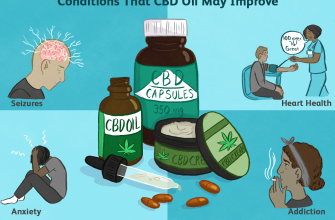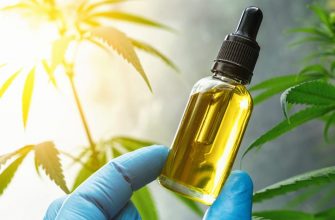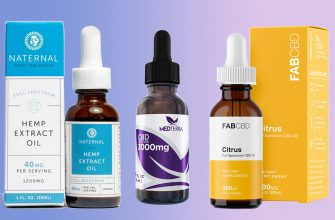According to Dr. Yasmine Hurd, an addiction specialist, “CBD is one of the most promising solutions for drug addictions.”
Dr. Yasmine Hurd is director of the New York-based Analytical Institute for Addiction Research. In other words, he is one of the most famous addiction specialists in the world. For a long time she has dedicated herself to studying the human brain to understand why addictions appear and why problems keep coming back. She believes that CBD may be the most promising treatment option.
Every day, 116 people die from drug overdoses, and Dr. Hurd is literally shocked to have found the answers and is getting further and closer to the conclusion that cannabidiol, or CBD, the non-psychoactive cannabinoid found in cannabis, may be the solution. One of the problems is that Dr. Hurd, as a scientist, has to overcome some US drug administration hurdles to gain access to marijuana because marijuana is a Category 1 drug in the US.
Cannabidiol, or CBD for short, is a molecule found in the hemp flower. Compared to many other plants, growing or culminating cannabis is not that difficult and therefore there is an oversupply on the market. However, it is also considered a Category 1 drug, which means that the United States federal government considers it to be just as psychoactive as heroin and has no health value. In order to conduct cannabis research, Dr. Heard had to wait many years for a license from the DEA (Drug Enforcement Administration) to be able to legally work with plants. Any cannabis in their lab must be kept in a safe that can only be opened with a fingerprint, and all patients who are studying can only come to the lab when a licensed researcher is present. DEA. Because of this, it is almost impossible to study the effects of cannabidiol on the human brain and how it can prevent the recurrence of addiction.
“Our hands are tied and it doesn’t matter that cannabidiol is not addictive”explains Dr. Heard.
He is limited by the federal government’s overly rigid cannabis research regulations, as well as by many other professional scientists, but even more so by their disregard for addiction issues. The government is struggling to tackle other epidemics like the Zika virus or the flu as quickly as possible, but hasn’t paid much attention to a disease as deadly as drug addiction, which is estimated to cost 63,600 thousand lives and only in 2016. However, the problem is related to the apparent addiction bias, compared to other epidemics, which receive much more attention when they become more obvious. Limiting the ability to analyze and test a simple molecular component such as cannabidiol, which can help fight addiction, makes this task even more difficult.
It’s incredible when we realize that the federal government is just as interested in opiate addiction as it is in cannabis addiction. How can the federal government assess the impact of deadly epidemics differently?





